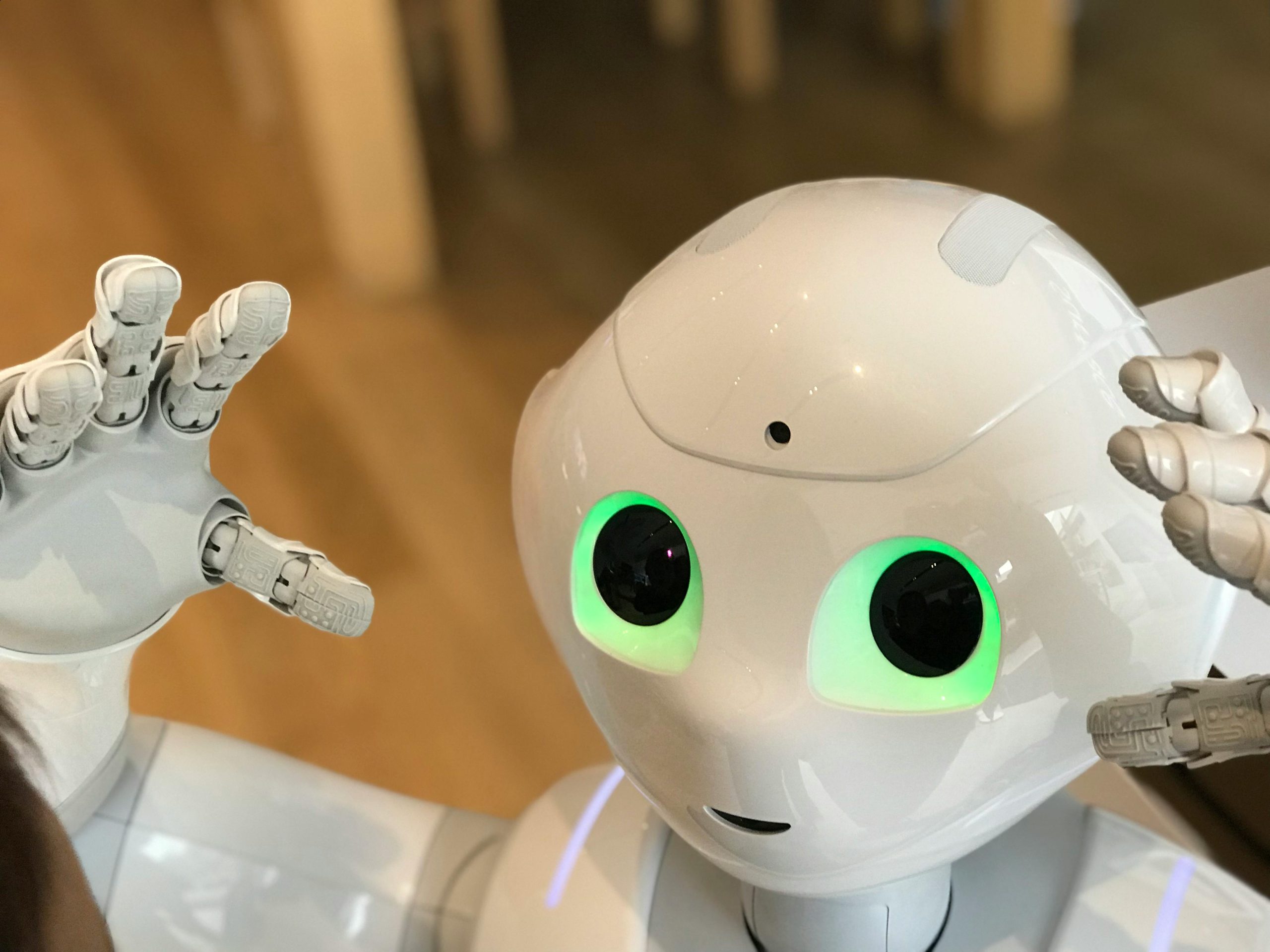AI Videos of generated characters – ownership of identity
Understanding Ownership and Privacy Concerns in AI-Generated Characters
As artificial intelligence technology advances, the creation of realistic characters in AI-generated videos has become increasingly sophisticated. This development raises significant questions about privacy, consent, and intellectual property rights when virtual characters resemble real individuals.
Imagine a scenario where a company produces a marketing video featuring a computer-generated persona that bears a striking resemblance to an actual person. While the character might serve a promotional purpose, it also prompts critical considerations:
-
Privacy and Consent: If the generated avatar looks exactly like someone in the real world, what are the implications for their privacy? Should individuals have control over how their likeness is used, and how might future regulations address unauthorized representations?
-
Potential for Unintended Fame: Such AI-created faces could inadvertently make everyday individuals famous overnight, especially if the generated character appears in viral content. This raises questions about the boundaries of personal identity in digital media.
-
Intellectual Property Rights: Who owns the rights to these AI-generated characters? Is it the company that produces the content, the creators of the AI tool, or perhaps the individual whose likeness has been replicated? Moreover, if a virtual character generates substantial revenue—potentially billions—how are profits shared? Should the person who resembles the character receive a stake?
These questions highlight the complex intersection of technology, ethics, and law. As AI continues to evolve, stakeholders must carefully consider how to balance innovation with respect for individual rights. Clear guidelines and legal frameworks will be essential to navigate ownership, privacy, and consent in this new digital frontier.














Post Comment